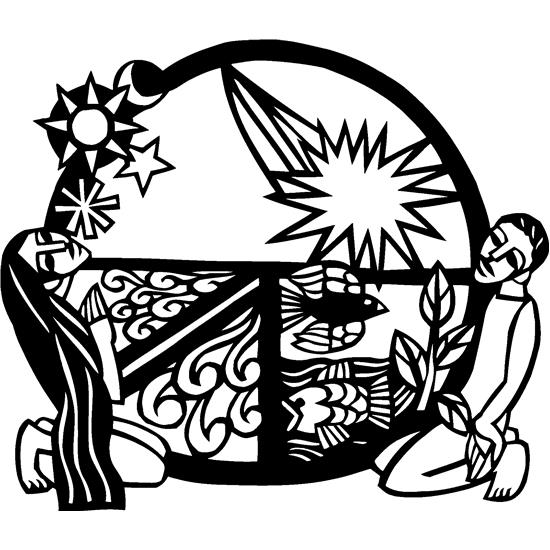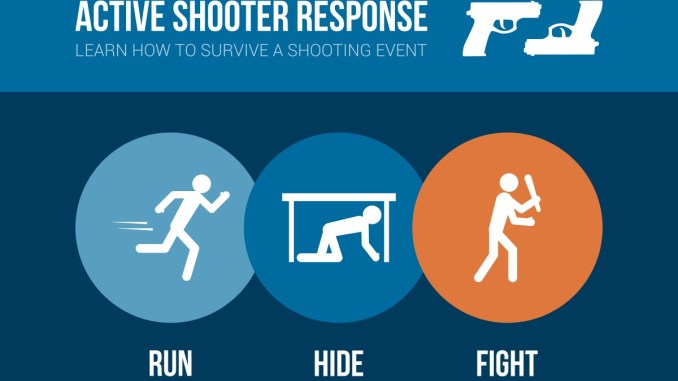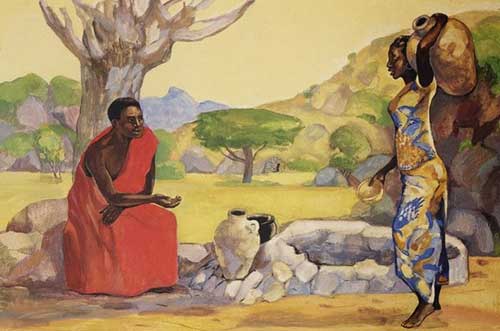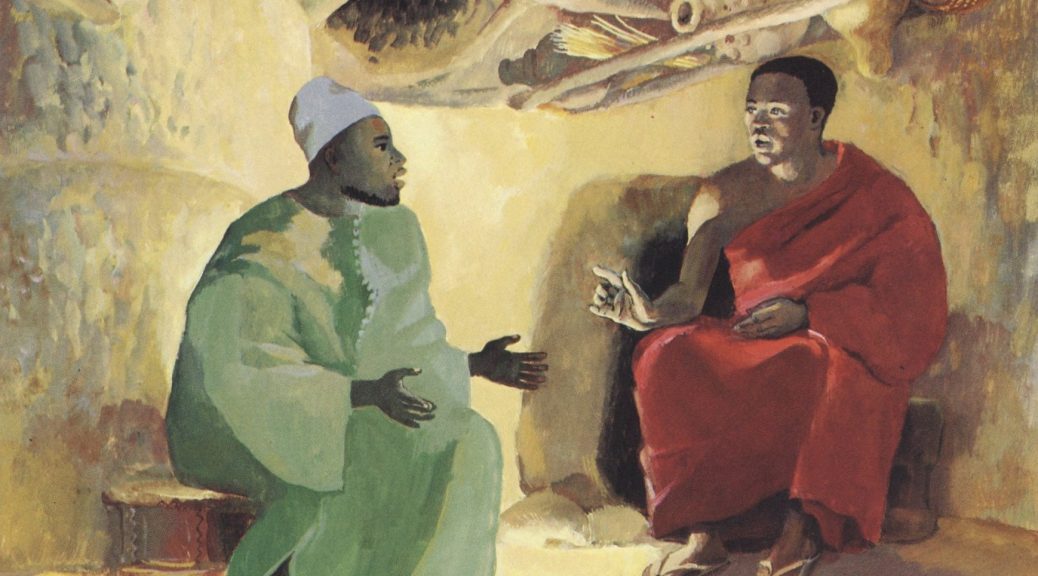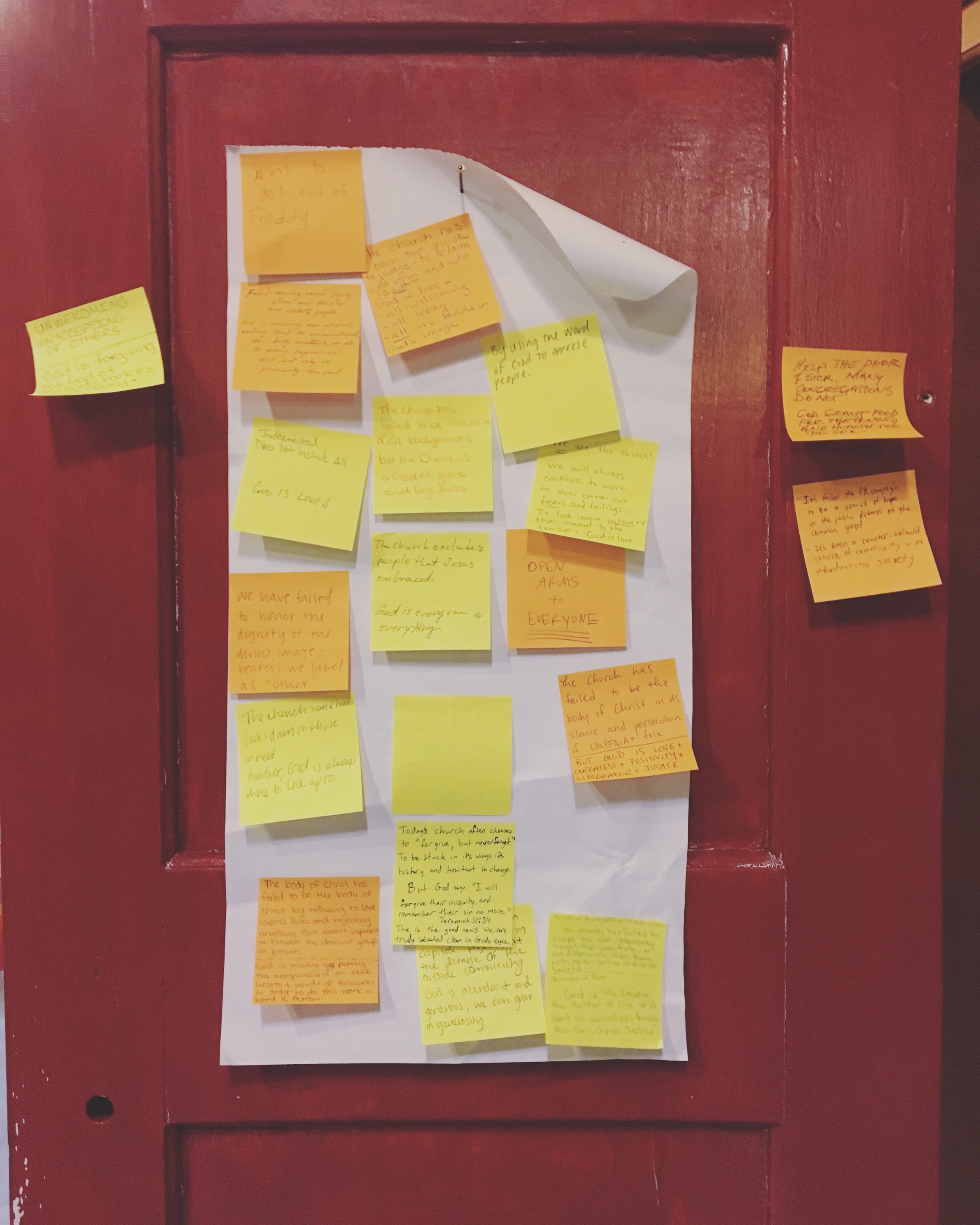PRACTICES: Prayer
This week's Sacred Story comes from Psalm 141:1-2, Romans 8:22-27, and Matthew 6:5-15
"Likewise the Spirit helps us in our weakness; for we do not know how to pray as we ought, but that very Spirit intercedes with sighs too deep for words. And God, who searches the heart, knows what is the mind of the Spirit, because the Spirit intercedes for the saints according to the will of God." - Romans 8:26-27
I wonder…What has your experience of prayer been? How has it been a part of
your life? How have you seen it as a part of other’s lives? What have you been
taught about prayer? What do you think about prayer? How do you feel about
prayer? What do you wish prayer could be for you?
Has it been, for you, something that restores your soul? a source of comfort
when you didn’t know what else to do? Has it been a frustratingly silent and
feelingless practice? Is it something you had to memorize growing up, something
that was done before dinner at grandma’s house? Maybe it’s something you do
“just in case” there really is a God out there. Maybe there is a particular prayer
that functions more as a secret access code that once prayed gets you “in”?
We all come to the practice of prayer with our own baggage, both positive and
negative. Even if it seems as though it has never been a real part of our lives, we
get at least a taste of it second hand whether it’s the debate over the practice is
or isn’t a part of public schools or how it’s featured in films, praying to dear tiny
infant Jesus. We each have varying understanding, expectations, and practices
of prayer. And it appears that throughout the bible, there is room for a varied
expression of this holy practice.
It’s one of those things we can probably never fully understand. Some say prayer
is….relationship, conversation, or simply awareness – being attentive, being
open and attuned to God’s presence, voice, and movement. Mother Theresa was
once asked about her prayer life. The interviewer asked, “When you pray, what
do you say to God?” Mother Teresa replied, “I don’t talk, I simply listen.” Then the
interviewer asked, “Ah, then what is it that God says to you when you pray?”
Mother Teresa replied, “He also doesn’t talk. He also simply listens.”
Sometimes, we have particular things on our mind and in our hearts that we need
to say, questions we have to ask. Sometimes prayer feels like it exists during a
set time, other times it seems to go on and on without ceasing, taking place with
our every breath in, and every breath out. Sometimes, we lean on the expression
of others across time. There is prayer that comes with particular words, handed
down to us through tradition, including these teachings from Christ. Even those
who have been following him for a while now have to ask, want to know more
about the ways of prayer. Jesus teaches us to pray boldly – praising God for
their glory and not hesitating to ask for what is essential to body and soul. Jesus
also teaches us to pray humbly, simply. God shows us that prayer doesn’t have
to be fancy, it’s not a performance. The bold and simple words of what we now
call “The Lord’s Prayer” are often learned by heart, repeated over and over
throughout our lifetimes so much so that it is remembered not only by our minds
but in our very bodies. It becomes muscle memory in such a profound way that
even those who have lost the ability to remember much else, can still recall and
invoke this sacred prayer. Even as this particular form of prayer holds a special
place for us, it is not the only way.
I am reminded of Mary Oliver’s beautiful poem, “Thirst”:
“Praying
It doesn’t have to be
the blue iris, it could be
weeds in a vacant lot, or a few
small stones; just
pay attention, then patch
a few words together and don’t try
to make them elaborate, this isn’t
a contest but the doorway
into thanks, and a silence in which
another voice may speak.”
Jesus would go on to pray in other ways throughout his life, praying in the
solitude of gardens and mountainsides, even praying in the midst of death on the
cross – “Father, forgive them, they know not what they do.” The only thing Jesus
has to say about there being a right way or a wrong way to prayer is in our
intentions. Are we looking to God? Or looking for attention, trying to perform? Is
our true desire to seek our own glory? Or that all might know the fullness of
God’s love? Do we expect to remain passive in prayer, or does it open us up to
God’s will, open us to being shaped into an active participant in God’s kingdom
come?
Mother Theresa reflected on how her practice of prayer had changed over time.
She said, “I used to pray that God would feed the hungry, or do this or that, but
now I pray that he will guide me to do whatever I'm supposed to do, what I can
do. I used to pray for answers, but now I'm praying for strength. I used to believe
that prayer changes things, but now I know that prayer changes us and we
change things.”
Sometimes words are a helpful tool to enter into prayer, into this relationship-
building conversation. Sometimes, words fall short or escape us. Sometimes we
find ourselves simply be-ing - hoping, waiting, crying, smiling. As Paul writes to
the Romans, this too is holy. These are the moments when we rely on the
promise that the Spirit of God is always beside us and within us. She joins us in
our wordless utterance. And as a pair of friend who have known each other their
whole lives, we can simply sit at the side of God, God sitting close to us, and just
be together even in silence.
While the bible shows us practices of prayer that boldly ask for our needs and the
needs of the world, these stories seem to point to an understanding of prayer that
is more than a divine suggestion box. Perhaps prayer isn’t about changing God,
or getting god to act a certain way or do what we want. Perhaps, rather, prayer
changes us - our hearts. It reminds us that we are not alone in our joys or our
cares. Prayer is not magic. God is not a genie. And yet there is something
mystical, something unexplainable about it. Studies in hospitals show that
patients heal faster when they know they’re being prayed for, and yet there are
also times when that healing doesn’t mean a cure, but perhaps peace.
So if prayer is about relationship and it isn’t a performance, it can reflect our
honest selves – it can be joyful, but it can also be sorrowful. You are absolutely
allowed to be angry with God, frustrated with the world, even yell and scream at
God in prayer. I promise it’s a lot better than bottling it up or blowing up and
taking it out on the people around you. God can handle it. When we are joined by
others, when we ask people how we can be praying with them….I have found
that prayer is also a practice in which we are most honest with each other, about
what’s really going on in our lives, what really matters to us.
Prayer is something you can practice at meal time, bedtime, sitting in traffic,
waiting in line at the store – basically all the times we are likely to turn to our
phones and start scrolling. Prayer can simply look like sitting on a park bench
watching the sun go down and somehow being drawn into something bigger,
something holy. Prayer is a practice as accessible as our very breath. Yet, it still
takes intention; we still have to make a point to make it a part of our lives of faith.
But God still loves us and welcomes us the same no matter how often or how
infrequently we come to this awareness.
Prayer holds a promise that is much greater than helping our team win or finding
a great parking spot. These sacred stories point to a bigger promise through
prayer. Prayer is about being heard, being known and advocated for, being
humble, being bold, BE-ing. It is a practice that proclaims the assurance that God
hears us, knows us in the depths of our being. That God cares. As in the
incarnation, Jesus, God becoming human, God joins in the midst of our world
and shares our being, our joys and our struggles. Prayer helps to proclaim this
promise to us even we’re not sure that anyone’s listening or that anyone is there.
The practice of being open and attentive to God, even when we don’t expect
anything to come of it, has a way of settling hope into our souls. In prayer, we
draw near to God and perhaps are surprised to find that God has always been
near to us. Amen.
As you explore this practice, here are a few tools you may find helpful:
“The Jesus Prayer” - Lord Jesus Christ, son of God. Have mercy on me, a sinner.
You can repeat these phrases over and over like a meditation. Try saying the first sentence with your breathe in, and the second sentence as you breathe out.
A Pattern for Prayer - ACTS – Adoration/Praise, Confession, Thanksgiving, Supplication/Ask. Begin your prayer with a word of praise for who God is, then a confession of they ways in which you and the world have fallen short, followed by thanking God for your blessings, and then finally asking God for the needs of yourself and others.
Common Prayer App or Website - Pray the “office of hours” with specific patterns of prayer for morning, midday, evening, and night. CommonPrayer.net or search “Book of Common Prayer” in iTunes or Google Play
Common Table Prayer - Come, Lord Jesus, be our guest. Let this food to us be blest. A prayer to use before meal time.
Body Prayer - Practice Yoga with mindfulness, practice prayerful doodling or art, go for a Walking Prayer, or sit silently in meditational prayer for 10-15 minutes.

























